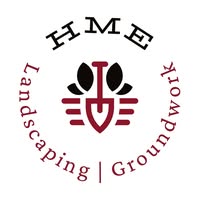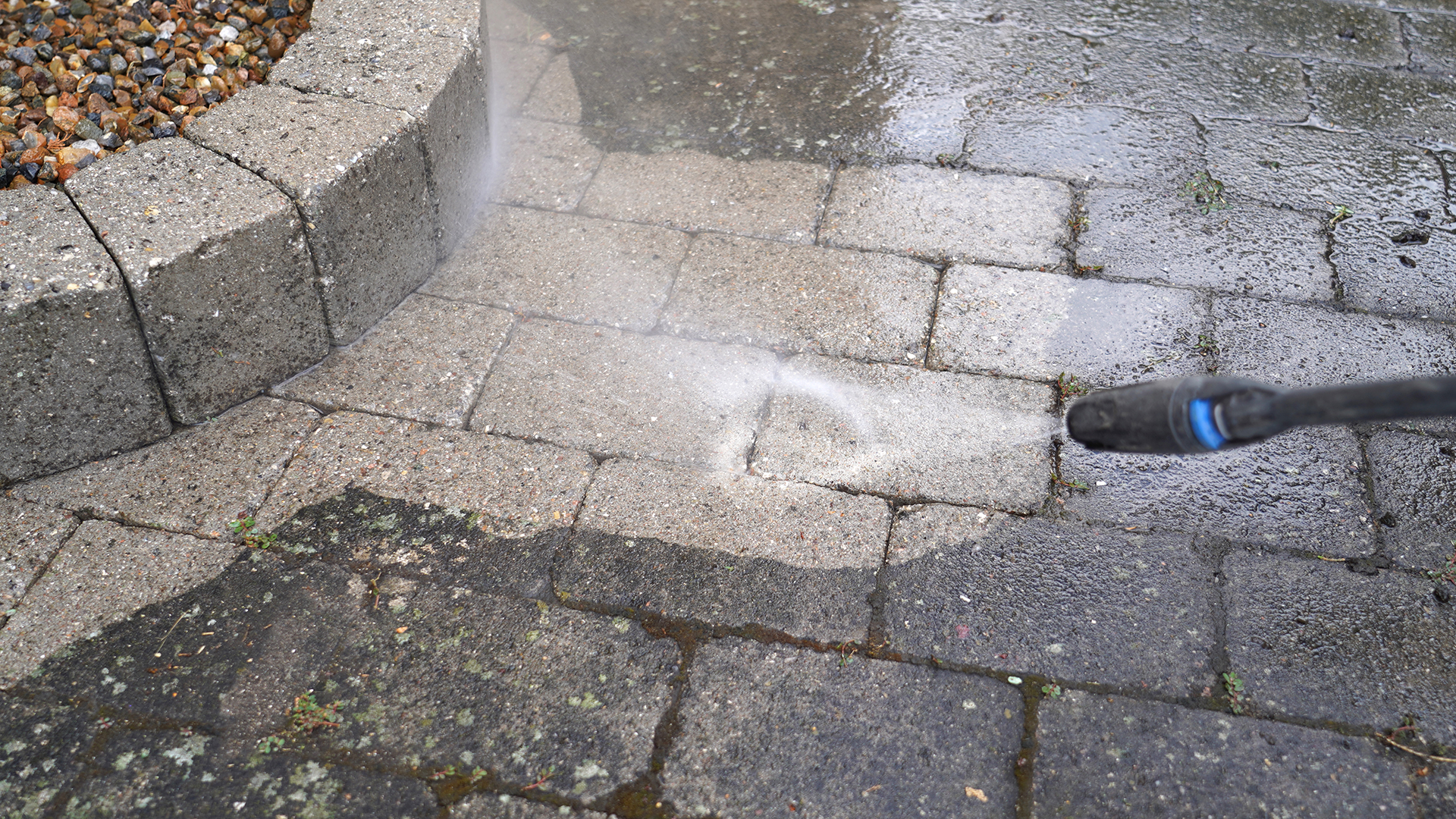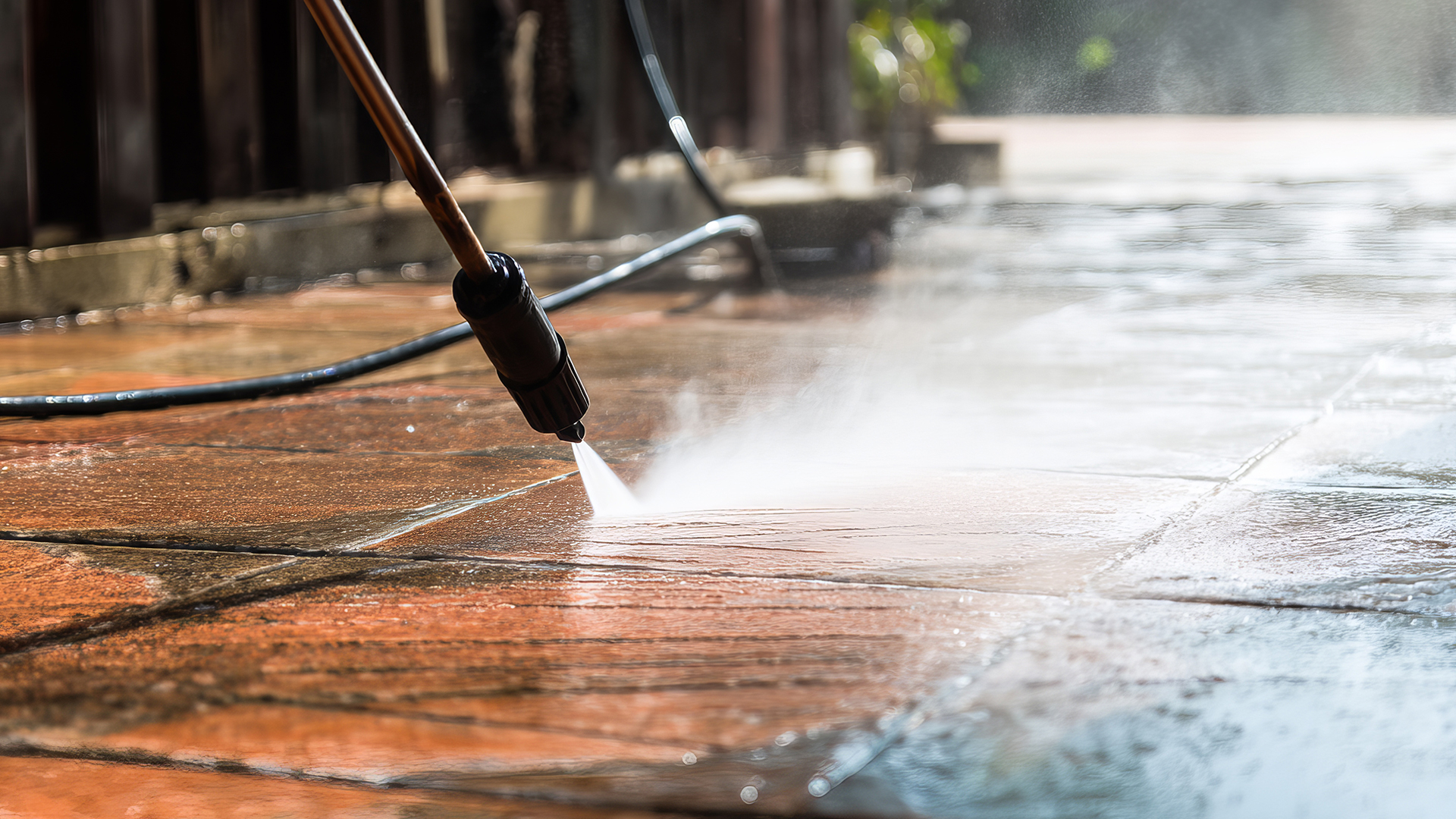Thinking about whether to rent a machine and do it yourself, or hire a professional? Here’s a clear look at the differences.
DIY vs Professional Jet Washing at a Glance
| Factor | DIY Jet Washing | Professional Jet Washing |
|---|---|---|
| Time | A full weekend for a medium driveway | 2–3 hours with commercial kit |
| Cost | £40–£100 for hire, plus your own labour | £5–£7 per m², done for you |
| Results | Patchy, limited by machine power | Deep, even, restores original finish |
| Risk | Can strip jointing sand, damage stone | Operator adjusts pressure to surface |
| Aftercare | No re-sanding or sealing unless you do it | Can include re-sanding, sealing, biocide |
The Hidden Costs of DIY
It looks cheaper at first, but factor in:
- Hiring or buying equipment
- Buying sand, sealers, or treatments
- Your time over one or two days
- Risk of damage if the pressure is too high
Advice: If you value your own time at more than £10 per hour, professional cleaning usually works out cheaper overall.
Where DIY Makes Sense
- Small areas like a short path or a few slabs
- Light surface dirt without moss or weeds
- When you already own a machine and just need a quick rinse
Where Professional Wins
- Large driveways, patios or heavily stained surfaces
- When moss, algae and weeds have taken hold
- If you want it done fast and finished with re-sanding or sealing
- When you want peace of mind there’ll be no damage
Final Verdict
DIY is fine for light jobs, but if you want a long-lasting result, the professional route is safer, faster and often cheaper in the long run.
FAQs
Is professional jet washing expensive?
Not compared to repairs. A typical driveway clean is £150–£250, less than relaying damaged blocks.
Will a professional clean really last longer?
Yes. The combination of deeper cleaning, correct pressure, and re-sanding means the results hold up for 12 months or more.
Do I need to be home for the clean?
Not always. As long as there’s access to the area and a water supply, many clients don’t need to be present.


